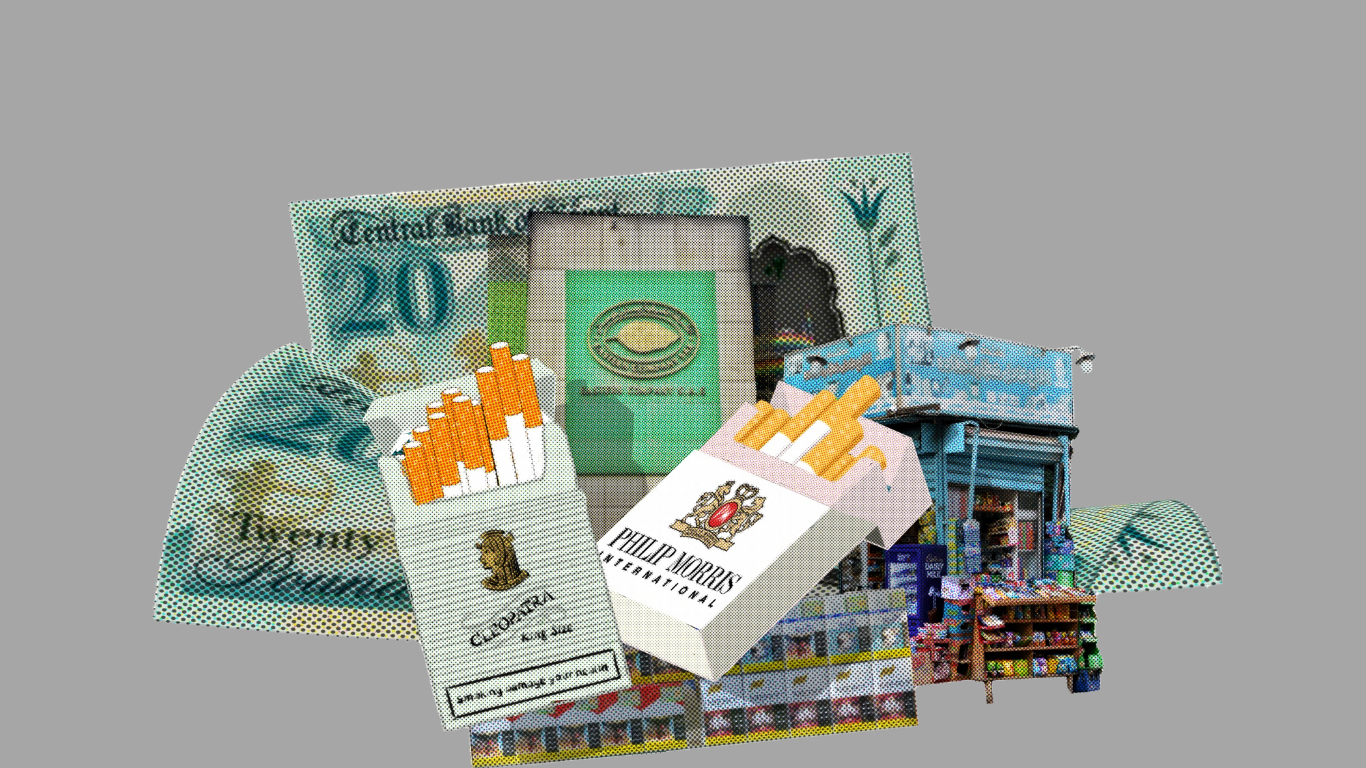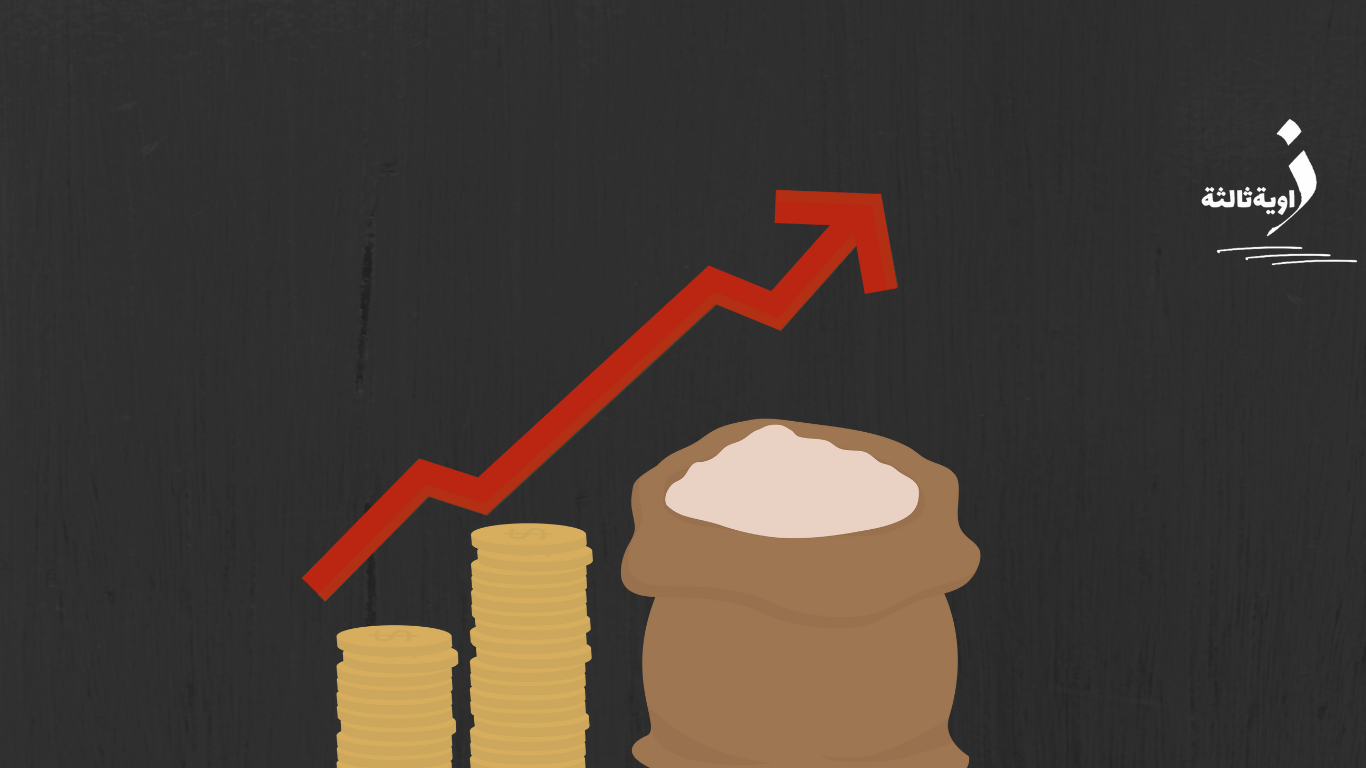Looking back, specifically to the 1919 revolution, Egyptians resisted British colonialism through various means, with “boycott” being a prominent one. On November 24, 1921, the newspaper Al-Ummah published an article by a worker at the Alexandria onion docks named Abdulmataal Helmy Al-Sayed, titled “Boycott… Boycott.” This marked the first time Egyptians used the word “boycott.” The boycott was comprehensive, covering everything related to colonialism, including decisions and policies of the colonizers. It was also an economic boycott, with Egyptians refusing English goods, causing significant losses to the occupiers and being a major factor in sparking the revolution in Egypt.
In the current year, Israeli occupation forces waged a bloody war on the Palestinian Gaza Strip, resulting in the death of 14,532, including over 6,000 children and 4,000 women. In response, Egyptians expressed their anger by reinvigorating the economic boycott as a means of supporting the besieged sector. This led to a confrontation with the influx of foreign products flooding the Egyptian markets, preventing local products from rising and competing.
Campaigns to boycott goods from countries supporting Israeli occupation have spread. Many Egyptians believe these countries have given the green light to Israeli crimes against civilians in Gaza. Consequently, certain American and European goods are on boycott lists, as well as global companies that have directly expressed solidarity with the occupation on social media or through financial contributions.
How did the boycott begin in Egypt?
Boycott campaigns began in mid-October last year when a group of social media activists launched the “Made in Egypt” initiative. This initiative quickly gained widespread response, especially among the youth. Supporters used hashtags like #DoNotPayForTheirBullets, #BoycottOccupationGoods, #Boycott, and #DidYouKillAPalestinianToday. Additionally, Food Today, the first website specializing in the food industry, initiated a campaign to promote and support Egyptian products. The campaign encouraged people to focus on and purchase products from Egyptian companies, shedding light on these companies and their offerings.
Simultaneously, Egyptians rediscovered their local products after activists and the boycott-Israel-goods campaign compiled a list called “Boycott Goods.” An electronic application named “Qadyaty. APK” was also launched with the goal of cataloging all foreign goods and their serial numbers, especially those associated with international companies supporting the Israeli entity or allocating part of their revenues to support it.
The Boycott, Divestment, and Sanctions (BDS) movement issued a statement urging all countries to adopt this effective economic weapon, stating, “Many global companies, within the structure of the racist capitalist world economy, are partners in the genocidal war waged today by the Israeli enemy against Gaza.” The movement listed some international brands as priorities for the current boycott campaign, including Puma, the French Carrefour Group, the French insurance company AXA, HP, SodaStream, Hyundai Heavy Industries, Caterpillar, Hitachi, Volvo, Chevron, and the German Siemens Group. Continuous boycott campaigns led major brands to announce significant price reductions ranging from 50 to 60 percent.
“The impact is evident, revealing the ugly face of international institutions supporting the Zionist entity, especially in Egypt,” said Abdelmoneim Al-Gamal to Zawia3, the Deputy Head of the General Federation of Trade Unions in Egypt. He added that they have reached out to various industrial institutions to cease their support for the Zionist entity and to participate in supporting relief convoys organized by the Egyptian state in collaboration with the National Alliance for Civil Work, the “Long Live Egypt” Fund, and the Food Bank. Boycott efforts have greatly contributed to bringing more aid and have become a powerful tool for the Egyptian state to pressure the occupation to lift the blockade on Gaza and cease fire.
Hossam Mahmoud, from the Boycott Goods and Products movement affiliated with BDS, stated that since the beginning of the war on Gaza, they have been monitoring the activities of brands supporting the Zionist entity in Cairo. The current boycott campaign has had what he described as “surprising” effects on institutions that thought their dominance in the local market would protect them from the risks of the boycott. Alternatives and calls to encourage the production of higher-quality local products at competitive prices have also emerged.
Due to the campaign, some brands, such as McDonald’s Egypt, announced their opposition to the blockade on Gaza and their support for Palestine. They declared their donation of 20 million Egyptian pounds to participate in relief initiatives for Gaza. Despite the announcement and the attempt to distance themselves from international institutions with commercial franchise privileges, some brands like Pepsi, Coca-Cola, McDonald’s, and Hardee’s suffered significant losses. This led them to lay off hundreds of workers, according to testimonies from some of them. The boycott also forced these brands to reduce the prices of their products.
Impact of the Boycott Locally
On October 25th of last year, several social media users on Facebook launched an initiative titled “Support Your Country’s Products” through an official page. Its goal was to promote local alternative products to the global “brands” that flooded the Egyptian market. Since then, it has encouraged young men and women to join the boycott campaign, aiming to support Gaza and the Egyptian economy. Amira, a participant in the boycott campaign, says she was not aware of Egyptian alternatives for all the products she uses, from toothpaste to electric cars, until she learned about the initiative. She adds, “I changed a lot in my consumption pattern since its inception. The recent events inspired me to try production myself, and I have started manufacturing some homemade food products for sale.”
Like Amira, hundreds of thousands have joined the boycott campaign, supporting Egyptian alternative products such as Juhayna, Bride’s Tea, Corona Chocolate, Spirosbats soft drinks, Safi and Hayat water, and Savo laundry detergent. These are among thousands of Egyptian products that may have been produced since the early last century but weakened or disappeared in the face of foreign products.
In this context, Al-Gamal continues in his statement: “The opportunity is now strong in favor of the Egyptian economy, especially since the ugly face of institutions supporting and affiliated with the Zionist entity has become clear. They have reduced their prices by up to 60% of what is offered in the market, meaning they are making substantial profits from the pockets of citizens. This presents an opportunity for national companies to improve the quality of their products and offer them at competitive prices to regain their leadership, as some local food and beverage companies have done by expanding and competing in the market, achieving significant profits since the beginning of the boycott campaign.”
In response, Khaled Eish, the head of the General Union of Food Industries in Egypt, says that the boycott has two positive aspects that must be utilized. The first is that the inclination towards local products reduces the import bill, saving hard currency, which achieves a surplus for exports and increases the national income. The second is that it has given a chance for Egyptian manufacturing companies to compete strongly in the local market, providing market needs and increasing job opportunities, without burdening the Egyptian government with the annual burden of imports, which costs billions of dollars.
Regarding the impact of economic boycott operations on the Egyptian workforce, Ashraf El-Dokar, the head of the General Union of the Industrial Zone in the Tenth of Ramadan, says they have not received any complaints about reducing labor or affecting their wages due to the boycott campaign. However, he points out that the campaign may negatively impact the products manufactured in the Egyptian interior since foreign companies in the Egyptian market employ national labor and use between 30% and 40% of raw materials, resources, and internal transport from the local market. The boycott causes them significant losses. He wonders, “Why do we call for boycotting products we import in billions of dollars while we do not have a plan to exploit Egyptian alternative products that are exported entirely abroad? It is better to boycott imported products, of course, but it is also good for the Egyptian economy to support foreign investment domestically.”
Several commercial platforms announced their support for Egyptian products after a number of announced boycott campaigns. For example, the Jumia Egypt platform offered special discounts on Egyptian products during the Black Friday/White Friday event, with discounts of up to 30% on all products. This encouraged consumers to demand more, reaching 1000% higher than the normal rate, according to the latest announced statistics. Also, Egypt’s agent for Papa John’s Pizza, Vantage Egypt, announced its cessation of paying the franchise fee to Papa John’s International since October of last year, to avoid any doubts that may arise about the company’s contribution to supporting the occupation against Gaza, according to the company’s statement.
Sales of Shamadan biscuits grew by about 20% in October, according to the company’s data. Shamadan is an Egyptian company that produces biscuits and chocolates. It also expanded its sales centers, reaching 50 sales centers to cover the local market, in addition to exporting part of its production to neighboring Arab and African countries. Furthermore, sales of Fredal, an Egyptian company for detergents and perfumes, increased by 40% since the beginning of the boycott. According to the company’s data, monthly production increased from about 4 million packages to nearly 6 million packages in October.
Exploitation by Some Traders
Boycott campaigns have contributed to the rise of several local companies that aimed to increase sales, introduce new products, and establish production lines to meet the increasing demand, which sometimes rose to 40% in some Egyptian companies. However, according to statements from citizens in our conversation, there is something that might lead them to revert to foreign products. This is due to the exploitation by some Egyptian traders of the boycott campaigns to gain more profits without considering the national role they should contribute to achieving at this moment. For example, Egyptians returned to using “Bride’s Tea,” a product of Badawi Group. However, in response to the increased demand, the company announced a price hike in the current November, where the price per carton reached 2340 Egyptian pounds, an increase of 264 pounds. Amira comments, “The boycott revealed more greed among traders in Egypt. Instead of supporting the campaign, they exploit the situation to develop their somewhat inferior products compared to global brands, seeking only to make more money. This may lead us to reconsider our boycotts.”
Research has shown an increase in prices for some local products that gained great popularity during the boycott period, such as the soft drink “Spirosbats,” which, according to the market, increased from 8 pounds to 15 pounds per bottle. The company reported a sales increase of about 350%, and it currently produces around 150,000 packs daily, the maximum production capacity of its factory. The company has also expanded its distribution network to about 25 governorates compared to 18 before the Gaza war.
Samah, a retail seller, indicates that wholesalers are currently exploiting the situation, raising prices, leading retailers to slightly increase prices to achieve a profit margin. In contrast, companies announce official prices, but ultimately the product reaches the citizen with a slightly higher price after going through multiple sales stages from the company to the end consumer.
Government Inquiry
Simultaneously, parliamentary member Nashwa Raaf presented a question to Prime Minister Mustafa Madbouly regarding whether the government has a clear plan to support local products in light of boycott campaigns. These campaigns resulted in an increased demand for original Egyptian products. She referred to Article 129 of the constitution, which allows any member of the House of Representatives to direct questions to the Prime Minister, his deputies, ministers, or their deputies on any matter within their jurisdiction. The concerned parties must respond to these questions during the same session. The question can be withdrawn at any time, and it cannot be turned into an interrogation in the same session. She also cited Article 198 of the House of Representatives’ internal regulations. Raaf emphasized the need for the government to clarify its plan for leveraging the popular interest in local products.
The question posed by the parliamentary member remains: Does the Egyptian government plan to leverage the economic boycott as a tool for the development of national products, or will it revert to opening the door to imports and flooding the local market with global products?













